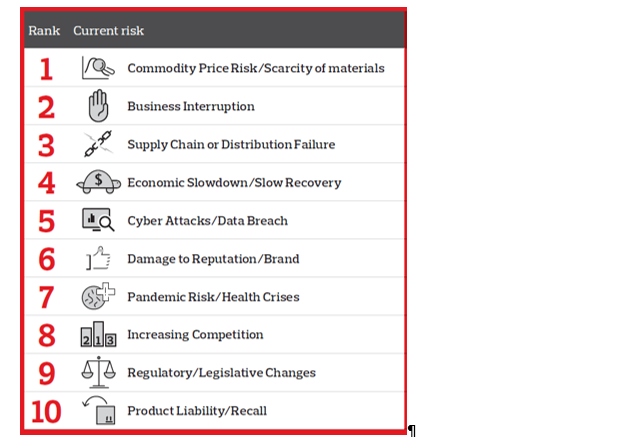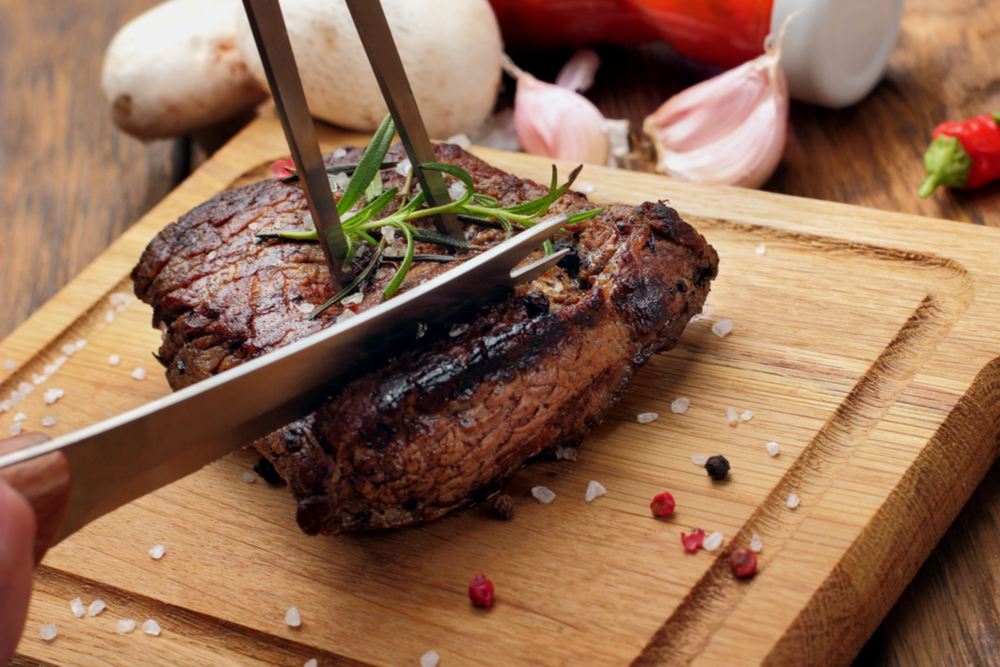Ahead of an upcoming webinar on risk in the food and drinks sector, Deirdre O’Shea from Aon discusses best practice for the industry.
On 10 February, Aon will be hosting a webinar on How to Reduce Risk in the Food, Agribusiness and Beverage (FAB) Industry.
The webinar will discuss the key risks for the agrifood industry as well as appropriate strategies to effectively manage these risks.
“The industry must wrestle with many risks including the well known ‘traditional’ risks such as property, and liability risks. In addition, companies must also be aware of new emerging risks such as pandemics, cyber and climate change”
Roisin O’Shea, head of Food & Drink Sector in Ireland said the webinar is timely and of vital importance for the food, drink and agribusiness industry.
“As Head of the Food and Drink Sector in Bank of Ireland, we are delighted to be involved with Aon on this webinar. The risks facing the industry are constantly evolving and a formalised framework for risk management can really help long term business performance.”
Food for thought on the matter of risk
We spoke to Deirdre O’Shea, Food & Beverage Specialty leader in Ireland about the risks facing businesses in the sector.
Is risk something that business owners in the Irish food sector are on top of?
Recent research carried out by Aon shows that only 27% of Food, Agribusiness and Beverage (FAB) companies have their risks mapped, and only 31% have a defined risk management plan (Aon’s Global Risk Management Survey, 2021). Therefore, as an industry we have a lot of work to do in terms of improving how we manage risk. We encourage clients to take a holistic approach to managing risk in their business as many risks are interconnected and therefore will require input from various personnel across the company. There is also strong evidence from Aon’s analysis to show a positive correlation between a businesses’ performance and its risk management maturity level.
What are the risk challenges that the food industry must wrestle with?
The industry must wrestle with many risks including the well know ‘traditional’ risks such as property, and liability risks. In addition, companies must also be aware of new emerging risks such as pandemics, cyber and climate change. The risk landscape has changed quite a lot over the last decade and it is clear our clients in this industry are becoming increasingly concerned about intangible asset risk, such as attracting and retaining talent, customer and supplier relationships, and intellectual property. It can be more difficult to manage or plan for these risks as they cannot be easily transferred into an insurance programme. At Aon, our risk consulting teams work with clients to appropriately manage their full spectrum of risks including partly and non-insurable risks as aforementioned.

Figure 1. Global Risk Management Survey 2021 Top 10 Risks for Food, Agribusiness & Beverage Companies
Has Brexit complicated things or do you see avenues of opportunity for Irish food businesses?
Given the UK is our nearest neighbour it was always a critical export market for Irish FAB companies. However, our clients in this industry have adapted very well to the disruption caused by Brexit and modified supply chains accordingly. Other international markets, most notably Asia, have become increasingly important destinations for Irish food and drink exports in recent years, and this was probably accelerated as a result of Brexit.
If you were to advise a food business about implementing a risk management strategy, what are the most important factors to consider?
The first step in a risk management journey is to map your risks and identify the key risks related to your business. This can be achieved by completing a risk register. Following this, it is to evaluate the risks that have been identified. Some of these risks can be transferred into an insurance programme but others may be uninsurable and need to be managed in house.
A risk management strategy should incorporate risk across the full spectrum of the business. This is becoming more important as risk is now more interconnected, for example cyber risks manifests into business interruption, while mergers and acquisitions can bring about huge cyber threats. It is important that key personnel from across business functions are engaged in the risk management plan. Boards have an increasingly important role to play in overseeing the implementation of these plans from a governance perspective.
What will companies in the food and beverage industry get out of attending the webinar?
They will understand the benefits of having a defined risk management plan and there will be some real word examples of the practical benefits of having such a framework in place.
To attend the webinar click the link Managing Risk in FAB Industry (aonunited.com)



